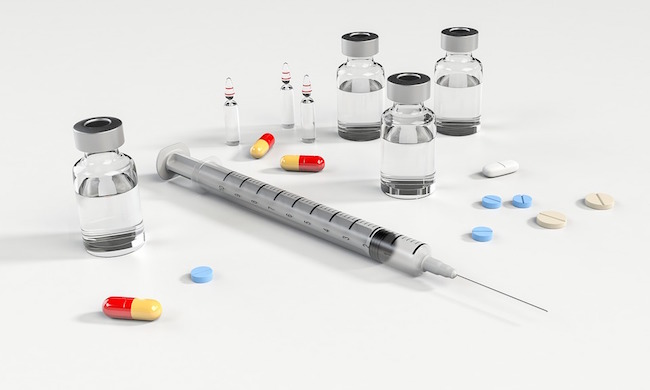Influenza Vaccination Linked to Higher COVID Death Rates by Dr. Joseph Mercola for Mercola
A question that has lingered since the 2009 mass vaccination campaign against pandemic H1N1 swine flu is whether seasonal influenza vaccination might make pandemic infections worse or more prevalent.1
Early on in the COVID-19 pandemic, Dr. Michael Murray, naturopath and author, confirmed what Judy Mikovits, Ph.D., told me in her second interview with me, namely that seasonal influenza vaccinations may have contributed to the dramatically elevated COVID-19 mortality seen in Italy. In a blog post, he pointed out that Italy had introduced a new, more potent type of flu vaccine, called VIQCC, in September 2019:2
“Most available influenza vaccines are produced in embryonated chicken eggs. VIQCC, however, is produced from cultured animal cells rather than eggs and has more of a ‘boost’ to the immune system as a result.
VIQCC also contains four types of viruses — 2 type A viruses (H1N1 and H3N2) and 2 type B viruses.3 It looks like this ‘super’ vaccine impacted the immune system in such a way to increase coronavirus infection through virus interference …”
Vaccines and Virus Interference
The kind of virus interference Murray was referring to had been shown to be at play during the 2009 pandemic swine flu. A 2010 review4,5 in PLOS Medicine, led by Dr. Danuta Skowronski, a Canadian influenza expert with the Centre for Disease Control in British Columbia, found the seasonal flu vaccine increased people’s risk of getting sick with pandemic H1N1 swine flu and resulted in more serious bouts of illness.
People who received the trivalent influenza vaccine during the 2008-2009 flu season were between 1.4 and 2.5 times more likely to get infected with pandemic H1N1 in the spring and summer of 2009 than those who did not get the seasonal flu vaccine.
To double-check the findings, Skowronski and other researchers conducted a follow-up study on ferrets. Their findings were presented at the 2012 Interscience Conference on Antimicrobial Agents and Chemotherapy. At the time, Skowronski commented on her team’s findings, telling MedPage Today:6
“There may be a direct vaccine effect in which the seasonal vaccine induced some cross-reactive antibodies that recognized pandemic H1N1 virus, but those antibodies were at low levels and were not effective at neutralizing the virus. Instead of killing the new virus it actually may facilitate its entry into the cells.”
In all, five observational studies conducted across several Canadian provinces found identical results. These findings also confirmed preliminary data from Canada and Hong Kong. As Australian infectious disease expert professor Peter Collignon told ABC News:7
“Some interesting data has become available which suggests that if you get immunized with the seasonal vaccine, you get less broad protection than if you get a natural infection …
We may be perversely setting ourselves up that if something really new and nasty comes along, that people who have been vaccinated may in fact be more susceptible compared to getting this natural infection.”




